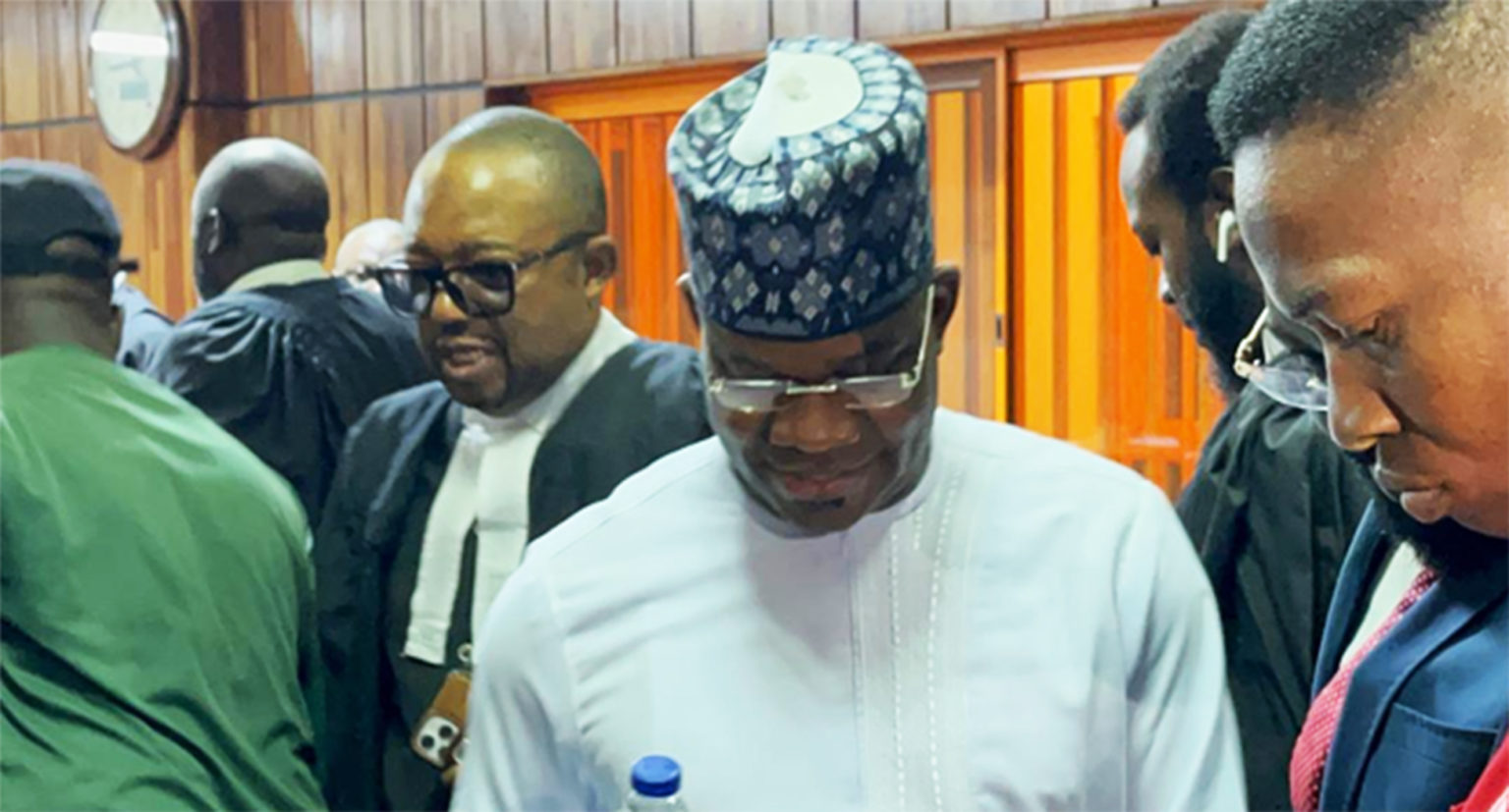News
Appeal Court clears EFCC to pursue forfeiture of Yahaya Bello’s alleged properties

The Court of Appeal in Lagos has overturned an earlier ruling by the Federal High Court that blocked the Economic and Financial Crimes Commission (EFCC) from seizing 14 properties allegedly linked to former Kogi State Governor, Yahaya Bello.
Justice Yargata Nimpar, who delivered the judgment virtually with the support of two other justices, said the lower court erred in its decision to dismiss the EFCC’s case based on Governor Bello’s constitutional immunity. She emphasized that the court should have instead ruled on whether the properties were liable for permanent forfeiture.
This latest ruling gives the EFCC the green light to resume full proceedings to determine if the properties should be permanently taken over by the Federal Government.
The case began at the Federal High Court in Lagos, where Justice Nicholas Oweibo initially granted the EFCC permission to temporarily seize 14 luxury properties in Lagos, Abuja, and Dubai. The anti-graft agency argued that the assets were likely acquired through proceeds of crime and urged the court to allow forfeiture proceedings to begin. The court also instructed the EFCC to publish the seizure notice in newspapers to invite any claims from third parties.
However, Governor Bello filed an objection, stating that the properties were purchased before he assumed office, meaning public funds couldn’t have been involved. He further argued that as a sitting governor, he enjoyed constitutional immunity from such proceedings. Bello also pointed out that a Kogi State court had earlier barred the EFCC from investigating the state’s accounts and that the Federal High Court in Lagos lacked jurisdiction since the assets were spread across different locations.
Despite these arguments, EFCC’s counsel, Rotimi Oyedepo (SAN), maintained that the properties — including a high-end apartment in Dubai’s iconic Burj Khalifa — were questionable and sought the forfeiture of ₦400 million linked to the same matter.
Justice Oweibo had sided with Bello and dismissed the EFCC’s case, citing constitutional immunity. Dissatisfied, the EFCC approached the Court of Appeal to overturn the decision.
In its judgment, the Appeal Court ruled in favour of the EFCC, stressing that while a sitting governor cannot be prosecuted, this protection does not cover assets suspected to have been acquired illegally. The court said such properties can be seized and examined even while the individual holds office.
The Appeal Court subsequently reinstated the seizure order, rejected all of Bello’s objections, and authorized the EFCC to proceed with the process of permanently forfeiting the properties.
-

 News2 days ago
News2 days ago2025 Budget: Health Ministry accesses only ₦36m of ₦218bn capital allocation — Pate tells Reps
-

 Metro2 days ago
Metro2 days agoTroops overrun terrorist camp, free 14 abductees in Kogi
-

 News2 days ago
News2 days agoNAHCON Chairman Abdullahi Saleh resigns amid board petition
-

 NUJ FCT2 days ago
NUJ FCT2 days agoBespoke Urban Luxury Ltd donates 600 Bags of Cement to boost NUJ FCT Ultramodern Congress Hall project (VIDEO)
-

 News2 days ago
News2 days agoNNMG hails FG’s Renewed Hope Development Plan as turning point for economic growth
-

 National News2 days ago
National News2 days agoVideo: Amaechi joins NASS protest demanding mandatory transmission of election results
-

 NUJ FCT16 hours ago
NUJ FCT16 hours agoNUJ FCT partners Centre LSD on capacity building, mentorship
-

 Metro2 days ago
Metro2 days agoCustoms reopens Kamba, Tsamiya borders in Kebbi to boost trade with Benin, Niger





























